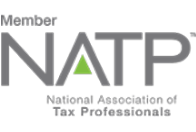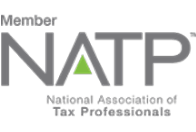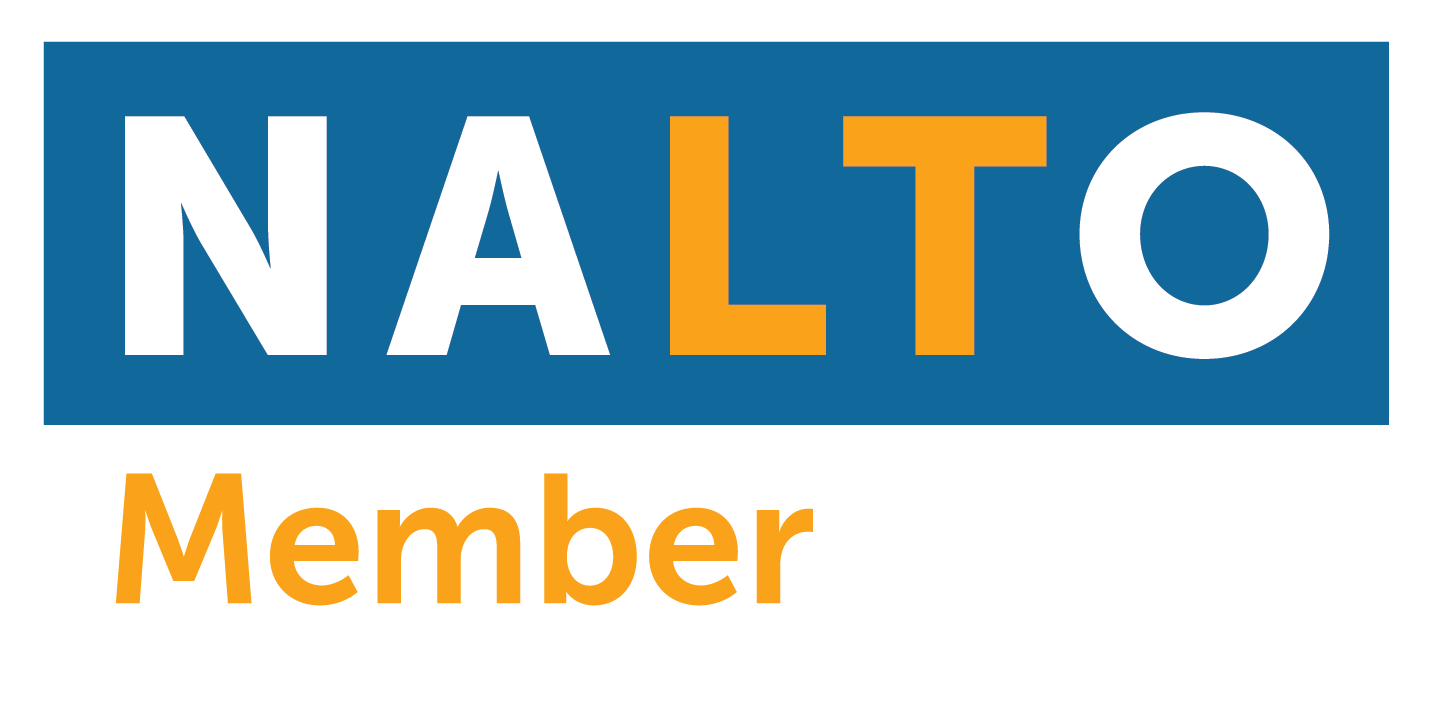The Internal Revenue Service (IRS) has identified the common tax return mistakes and issued the following guidelines on how taxpayers can avoid them to expedite the processing of their returns and potential refunds.
Collect all tax-related documents.
Having all your tax documents ready before you start your return will not only speed up its processing but will also ensure that you will not miss a deduction, report all taxable income, and avoid inaccurate returns. An IRS tip is to have your prior year’s tax return readily accessible in case needed.
Ensure the following details are correct.
- Filing Status – If you don’t have a tax software or preparer and you think that multiple filing status may apply to you, access the IRS’ Interactive Tax Assistant to ensure that you choose the right filing status. This tool can also help you with other tax inquiries such as determining if you can claim a dependent, credit, or deductions.
- Dependents’ names, birthdates, and Social Security numbers – All details for each dependent must be accurately provided in your return. In case a dependent or spouse is not eligible to get an SSN, use the assigned Individual Tax Identification Number (ITIN) instead.
- IRS Mailing Address – IRS urges filers to use electronic filing to minimize errors and maximize applicable tax credits or deductions. But in case one needs to submit a paper tax return, ensure that you get to verify and confirm that you have the correct IRS mailing address to prevent further processing delays.
- Bank routing and account numbers – Choosing direct deposit is the fastest and safest way to receive potential refunds. However, it is essential to ensure that you provide the correct bank information to avoid delays or misdirected refunds.
As an option, the IRS promotes using part or all your tax refund to buy U.S. Savings Bonds for you or your loved ones.
Do not skip the Digital Asset question.
Some think that the digital asset portion of form 1040 is only for taxpayers who engage in digital asset transaction. The truth is all taxpayers must check one box to answer it with either a “Yes” or “No”.
The IRS defines digital assets as digital representations of value recorded on a cryptographically secured technology such as Bitcoin, Ethereum, etc. Although digital assets are not real currency since they aren’t digitally issued by a government’s central bank, they have an equivalent value in currency and therefore the IRS treats them as assets.
In general, you must select “No” if any of the following applies:
- Did not own any digital assets, or
- Owned digital assets but did not have any transactions during the year such as sale, disposal, or receiving digital assets as payment for goods or services.
If your financial situation warrants a “Yes” answer to this question, remember to report income from your digital asset transactions.
Report all taxable income.
The IRS has been reminding taxpayers to report all taxable income to avoid incurring penalties and interest, highlighting the earnings sourced from self-employment, interest earnings, unemployment benefits, business income, and digital assets.
Remember to sign and date the return.
Spouses filing jointly must both sign and date the return. Taxpayers who self-prepare their taxes and electronically file their return must sign and authenticate their tax return by entering their prior-year Adjusted Gross Income (AGI) or their prior-year Self-Select PIN. You may visit the IRS website for further details on how to validate an electronic tax return.
Keep a copy of the tax return.
Maintaining records or duplicate copies of your tax return and its supporting documents will not only prepare you for future filing of returns, but it will also help you figure mathematical computations when you must amend a previously filed return. The IRS website has a set a guide on the period of limitations applying to income tax returns.
Request an extension, if needed.
If you find that you need more time to file your taxes, consider requesting a six-month extension until October 15 to avoid late filing penalties. Taxpayers have until April 15 to request for the extended filing deadline.
It is important to note that although the extension allows you more time to file your return, the payment of taxes is still due on April 15.
Want to learn more?
You may want to consult and work with 1099 Accountant – We offer online bookkeeping, online advisory services and online tax and accounting services. We offer reasonable rates. We only work with independent contractors, freelancers, and one-person business. We work with locum tenens from California to New York City and everywhere in between. Yes, even Hawaii!
Contact us toll-free (855)529-1099 or make an appointment for a free consultation. Contact Us











